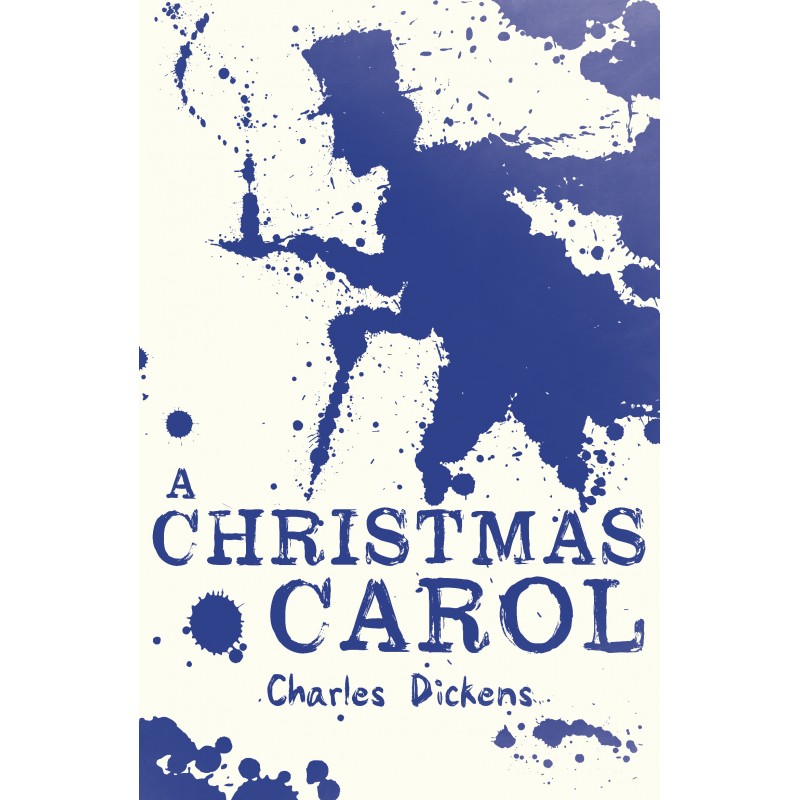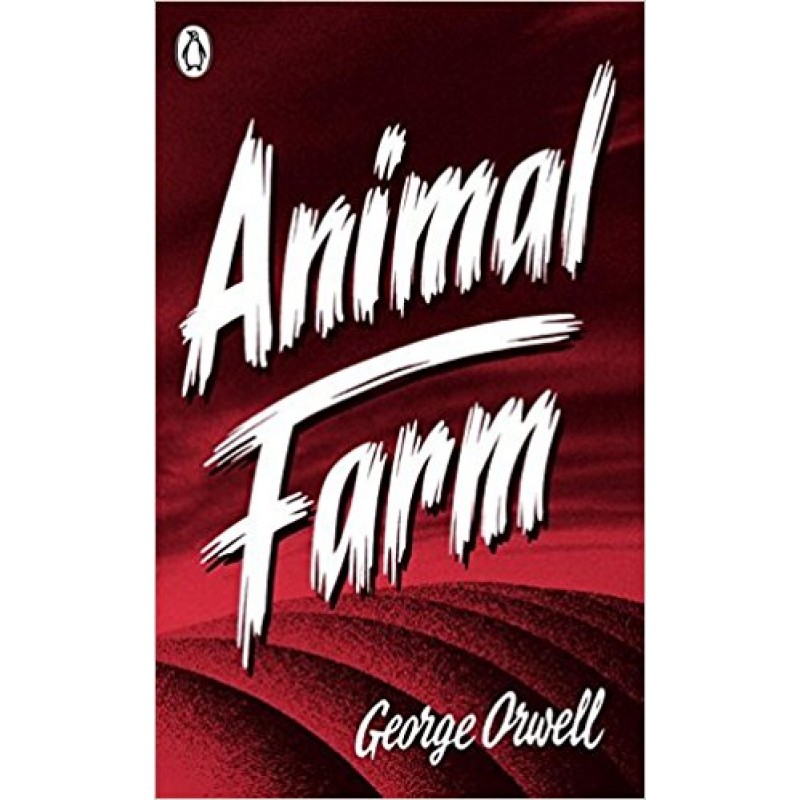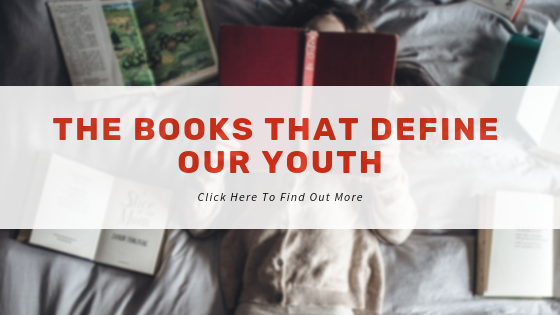There are, of course, many books that have an impact on a reader, no matter who they are. Some classics we meet at school whilst other books we discover by accident. Which of these well-known classics defined your youth?
The Christmas Carol
Penned by Charles Dickens, this story is one of morals and transformation of the main character, Ebenezer Scrooge – and one that still translates in modern life too. Seen as a children’s book, the make plays and TV adaptations of the book have meant that the moral of the story has never been lost.
Scrooge was a miser, a man who paid little heed to the feelings of those around him. At Christmas, when everyone should be with those they love, Scrooge had effectively lost his way. His focus was on the unimportant things in life – money and making more of it at the expense of everything else.
Using three ghosts from the past, present and future, he is shown the error of his ways. But how many ‘modern messages’ do we miss? Which one do we listen to? Is life trying to tell us something?

The Lord of the Flies
Every day, we face decisions. But what about those deeper conundrums that see us effectively place us in a state of conflict?
On one hand, we know we need to follow societal rules, norms and morals. But on the other, the right thing can mean we go against them. This turmoil and conflict is essentially the backdrop to The Lord of the Flies.
Within humans, there are two competing impulses – the instinct to live by the rules, to go about our business in a peaceful manner, follow norms that means society is ordered and moral. But on the other, there are our own desires and wants. Violence can make the difference between remaining downtrodden or being the one in command.
In The Lord of the Flies, these conflicts are expressed in many ways when a group of boys are plunged into the jungle. Do they leave the morals and norms of their everyday lives behind or do they follow jungle rules now? It is a story of good versus evil, of order versus chaos, reason over impulse and law over anarchy.
An Inspector Calls
First performed in the Soviet Union in 1945 and then in Britain the following year, this play by JB Priestley is known as a morality play. It addresses many issues through its complex plot and characters, the message of which stick with us today.
After reading the play, you’ll be questioning wealth, power and influence, how they combine to give both good and bad in life. There is also the big question of blame and responsibility although the question of who was responsible for Eva Smith’s suicide is never really answered.
It also looks at what we keep private and why, as well as how ‘going public’ with information can cause more problems and issues, and yet can also be the catalyst for change. Weaved throughout the play is class politics too, how money and status bring reward but also how it colours judgement of others.
Effectively, this play looks at morals and how ours colour our view of others, and how they affect responsibility too.
Animal Farm
No matter how young or old you are when you read George Orwell’s Animal Farm, the spine-tingling realisation that nothing much has changed will stay with you for some time after you’ve closed the book.
In short, the phrase that sums up this epic novel is power corrupts but absolute power corrupts absolutely.
As Napoleon the pig becomes more powerful, corruption keeps pace. In the end, he has so much power over all the other animals, that they end up in the same position that they were initially trying to defeat.
What is also conveyed with power throughout the book is media and communication, the effects of which are not lost on us today. Propaganda is the information given to people that ‘the establishment’ want us to believe. It serves their needs, not ours.
After reading Animal Farm, you will be wondering if what you read is true…
Animal Farm was, say many, a satire piece, specifically relating to Joseph Stalin’s communism in Russia. It was a regime that purported to be for the food of the people but in the end, became just as dangerous to the people as the situation from which they want to leave.
It is a book that will lead to more questions than answers but is a work that has resurfaced again of late in terms of it being an accurate commentary of our current state of politics. With Brexit on the horizon, are we falling into the same trap?

Macbeth
In some ways, Shakespeare trumped Orwell and Priestley with many of his plays when it comes to noting the destruction of poor morals and over ambition. Macbeth certainly brings many of these messages to the fore.
Macbeth looks at the destruction caused when ambition goes unchecked. Macbeth is one of the main characters of the play, a courageous Scottish general who is a good, decent person, and not naturally someone is inclined to do horrid things.
And yet, he wants to power. Against his better judgement, he kills Duncan but spends the rest of the play battling with guilt and paranoia.
On the other hand, Lady Macbeth is driven and not frightened to be ruthless in her pursuit of what she wants. She spurs her husband on but eventually, her conscience catches up with her and she realises what she has unleashed.
The problem, the play suggests, is that once violence has been unleashed to gain power, there is no stopping it.
Romeo & Juliet
Another of Shakespeare’s plays that won’t leave you in any doubt of its message is Romeo & Juliet.
Again, what makes this play so relevant today is that the backdrop to the play is one that is found today – but also that love will and can triumph over all else.
The Capulets and the Montagues have been two families at war for so long that both sides have lost the reason as to why they are at odds.
But amongst this chaos and hate emerges a love story. Romeo, a Montague, falls in love with Juliet, a Capulet. They try to be together, but their families stand in their way.
Their deaths, however, lead to a truce but one tinged with sadness. Buried together in a tomb brings the feud to a close – or so we think and hope.
How many modern-day love stories does this encapsulate? Although Juliet and Romeo die at their own hands, there are many lovers today who live apart from their families as a result of a feud or dislike for their relationship.
Romeo and Juliet may not have lived but their true love did triumph.
Blood Brothers
Families are complex units and if there is one work of fiction that highlights this over all others, it is Blood Brothers.
Steeped in sadness, twins are separated at birth, the result of poverty meaning that Mrs Johnstone cannot afford to feed both. Giving one son to her employer, Mrs Lyons, what follows is akin to an experiment – which impacts most, nature or nurture?
Mickey and Edward share many traits, despite growing up separately, but there are also differences in behaviour and attitude that can be attributed to their upbringing.
When the boys discover the truth, the results are catastrophic. But there is also a superstition, something that the narrator of the play refers to time and time again. It enforces the notion that is someone is given the same message over and over again, they will eventually believe it.
And so, Mrs Lyons continual reference to the twins dying instantly if ever they were told the truth is eventually believed by Mrs Johnstone who keeps the dreadful secret to herself.
The power of the past is the driving force in this play and when it comes to a head. It can be a driving force for good but in Blood Brothers, secrets eventually leave their mark.
Fiction takes us to another world. We know this world isn’t real, but one created by the writer and yet somehow, the similarity between it and our own lives can make for a powerful connection between us and what we read.
Fiction sees us question who we are, why we do things and also the world around us. Powerful it most certainly is! Which works of fiction have read that have changed the way you see the world and your place within it?

